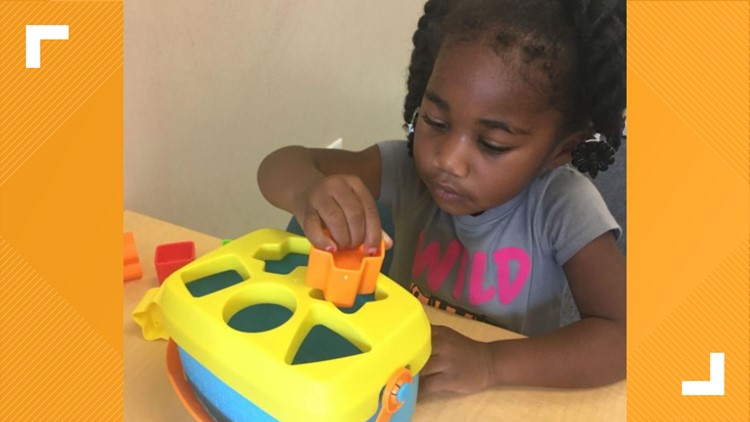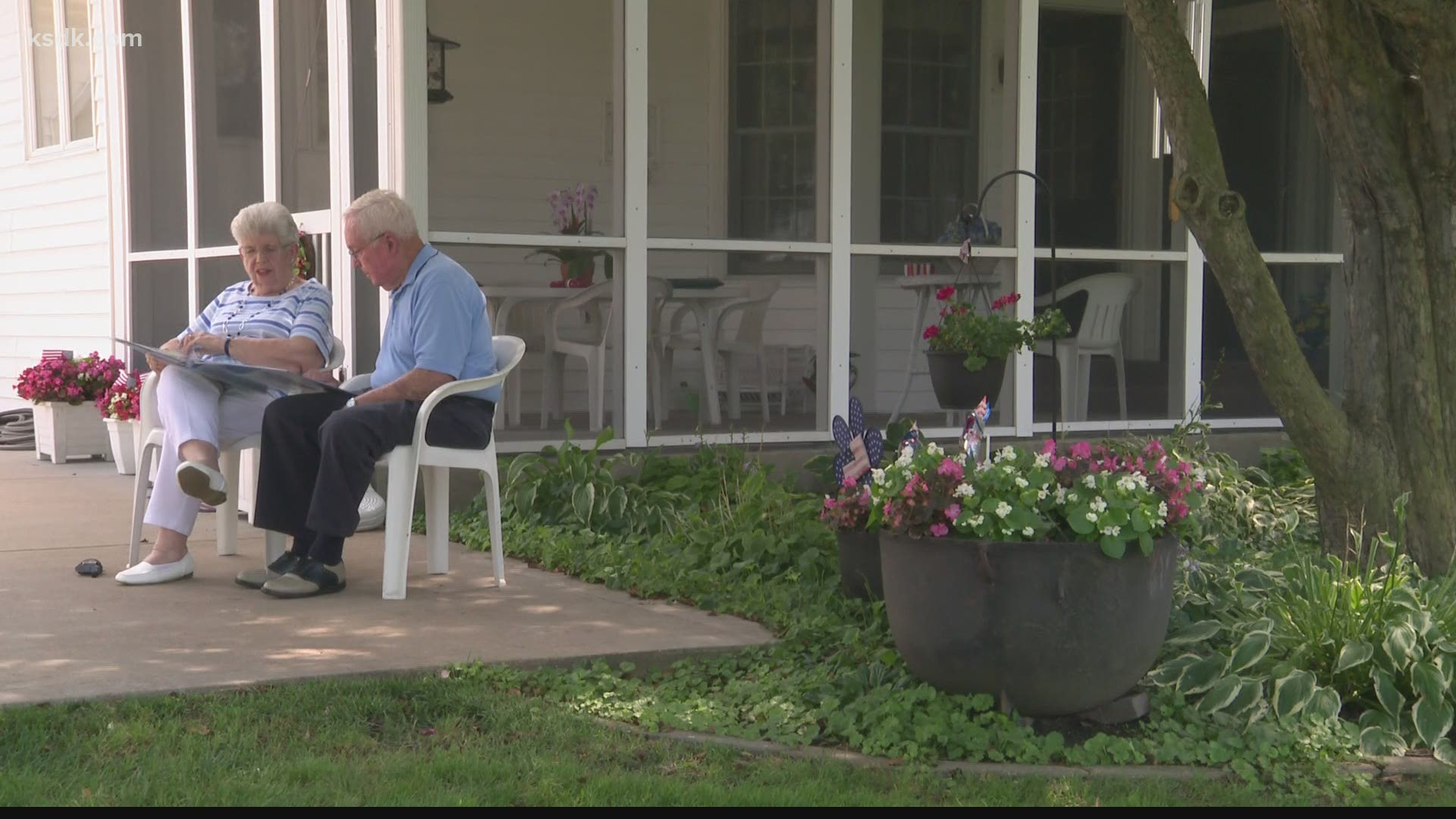ST. LOUIS — “Of all the forms of inequality, injustice in health care is the most shocking and inhuman” Dr. Martin L. King Jr. proclaimed at the 1966 Annual Convention of the Medical Committee for Human Rights. More than five decades later, disparities in health care persist for African-American children living in the United States.
This has been particularly apparent for African-American children with autism spectrum disorders (ASD). According to the latest data from the U.S. Centers for Disease Control, African-American children with autism are twice as likely to be affected by intellectual disability (ID, formerly known as “mental retardation”) when compared to non-Hispanic white children with autism (44% to 22%). Researchers at Washington University, under the leadership of Dr. John Constantino, are concerned that this serious difference results from long-standing disparities in access to timely diagnosis and high-quality intervention services.
Now in the thirteenth year of a research program funded by the National Institute of Health to ensure ethnic and minority representation in biobanking and treatment discovery efforts, the research team is on a mission to lower the average age of diagnosis of African-American children with autism in the St. Louis region (from a national average between five and six years of age), many prior to age two years.
When children are identified before the age of three years, they are eligible for Part C services (the state-based early intervention program for children ages birth – 36 months), which are very important for improving their long-term outcomes.
In response to their work, an article entitled, “Structural Racism and Autism” was published last week in the journal Pediatrics. At Washington University, families that have concerns about a young child’s development can receive thorough evaluations for autism through the Autism Clinical Center (ACC), which is supported by a long-standing grant from the State of Missouri to help ensure timely diagnosis of autism. This year, the ACC has increased its capacity to assess infants and toddlers by prioritizing evaluation appointments for children under three years. African-American families have the opportunity to utilize this clinical service and to participate in discovery efforts for higher-impact therapies at Washington University.
Once a diagnosis is made, children become eligible for early intensive intervention services tailored to children with autism. However, African-American families encounter more barriers when accessing autism-related services than do non-Hispanic white families. The Washington University research team observed that among the St. Louis African-American toddlers enrolled in their study and diagnosed with autism, only 50% were receiving any intervention services post-diagnosis. Of the children who were receiving interventions, the services were often lower in amount and less in frequency than would be recommended by the medical community – on average, only two hours rather than the recommended 9-10 hours per week.
As a direct response to this serious gap in access to early intervention, the Washington University team developed a new intervention program, The Early Strides Program, in partnership with the Steward Family Foundation. The Early Strides Program was specifically created to provide high-quality early intervention services for young, African American children with autism in the St. Louis community, whose families were otherwise having great difficulty accessing such intervention at the recommended level of intensity.
The program includes two intervention approaches: a clinic-based Applied Behavior Analysis (ABA) therapy program and a home-based program to train parents and caregivers how to implement a similar type of intervention on their own at home. Applied Behavioral Analysis (ABA) is an evidenced-based treatment model that utilizes general principals of learning to help children achieve the ability to communicate and form relationships when those skills are not coming along naturally. Children learn through supportive social interactions with therapists and through play. Each child with autism has unique strengths and challenges; ABA intervention plans are developed by a Board-Certified Behavior Analyst (BCBA), and individualized, goals are tailored to the specific needs of each child.
Children who participate in the Early Strides ABA therapy program receive 10 hours per week of intervention. Children receiving intensive ABA have been shown to make significant gains in adaptive functioning, language abilities, and cognition, according to a 2017 study in Translational Psychiatry.
In the clinic-based program, children attend sessions Monday through Thursday for 2.5 hours per session, during which each child works one-on-one with a trained behavior therapist.
In addition to the children’s individual sessions, therapists also conduct group time with children and their parents to allow for social interaction and group play. In the home-based parent coaching program – Motivation, Connection, and Communication (MC2) – a young child with autism and his/her parent receives a curriculum designed to empower the parent to implement effective behavioral intervention at home – since the start of the pandemic, this intervention has been successfully converted to virtual learning for parents and therapists to connect via telehealth.
MC2 is a pioneering method that combines techniques from several evidence-based parent-child interaction models and is endorsed by the Missouri First Steps program. The goal of MC2 is for caregivers to learn practical strategies for creating opportunities to increase social engagement and communication into everyday activities and routines.
“Before starting the program, I really wasn’t able to communicate with my son,” said a father about his experience with participating in both aspects of the Early Strides program. “Now he can say more words, and he can tell me what he wants, instead of just crying and screaming to communicate.”
Washington University is currently enrolling African-American and bi-racial African American children ages 18-36 months with any suspicion of autism or with possible delays in language and social development. The research team is also recruiting a healthy volunteer control group, ages 18-36 months with no history of developmental delays to achieve the greatest possible understanding of factors that compromise the outcomes of young African-American children with autism, and can be addressed in new and better therapies.
If you have concerns about your child’s development, or if you are interest in learning more about the research and clinical programs at Washington University, please contact study coordinator Anna Abbacchi (314) 971-0194.
Anna Abbacchi is a clinical research specialist at Washington University



